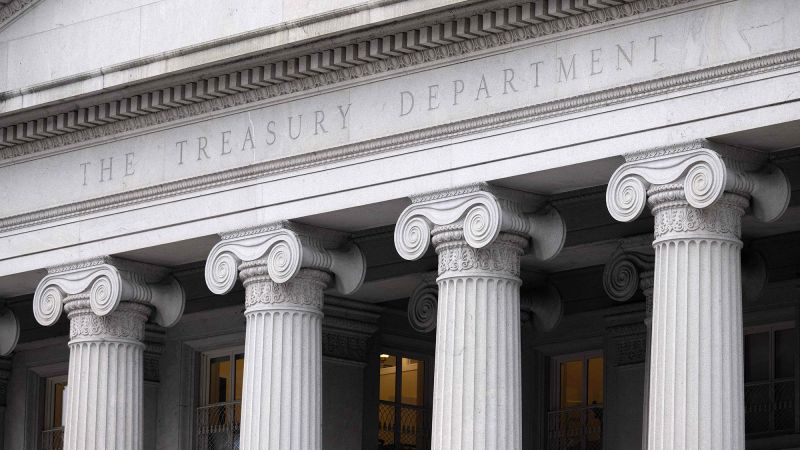Governments are facing an unprecedented debt crisis, with a total debt of $91 trillion looming over the global economy. This alarming amount is nearly equivalent to the size of the entire global economy and is expected to have severe repercussions on the populations of these countries.
The cost of the pandemic has significantly contributed to the growing debt burdens, posing a serious threat to living standards worldwide. Despite the urgency of the situation, politicians are largely ignoring the problem as they navigate a year of elections across the globe. They are hesitant to discuss the tax increases and spending cuts that are necessary to address the overwhelming amount of borrowing.
The International Monetary Fund has issued warnings urging the United States to urgently tackle its “chronic fiscal deficits.” Investors share concerns about the long-term trajectory of the US government’s finances. The rising debt burden has intensified worries about the future economic stability of many countries.
Countries like France are experiencing political turmoil that has further exacerbated concerns about their debt levels, leading to soaring bond yields. This, in turn, has heightened anxiety among investors globally. The consequences of this debt crisis go beyond just government finances, affecting public services and economic growth.
Addressing America’s debt problem will require difficult decisions such as tax hikes or cuts to social security and health insurance programs. Economists emphasize the importance of taking action to avoid reaching a critical point where debt surpasses a certain percentage of GDP, leading to serious consequences for the economy.
Despite the growing alarm over the debt crisis, political leaders are sidestepping the issue and making promises that may exacerbate the situation. The looming elections in multiple countries, including the United States and the United Kingdom, have seen candidates trading blame over the escalating debt levels.
Efforts to address the debt issue are proving challenging in various countries, with political infighting and public backlash complicating the situation. Delaying action on reining in debt leaves governments vulnerable to facing harsh repercussions from financial markets. The recent turmoil in the UK and France underscores the importance of addressing the debt crisis promptly to avoid further economic instability.












